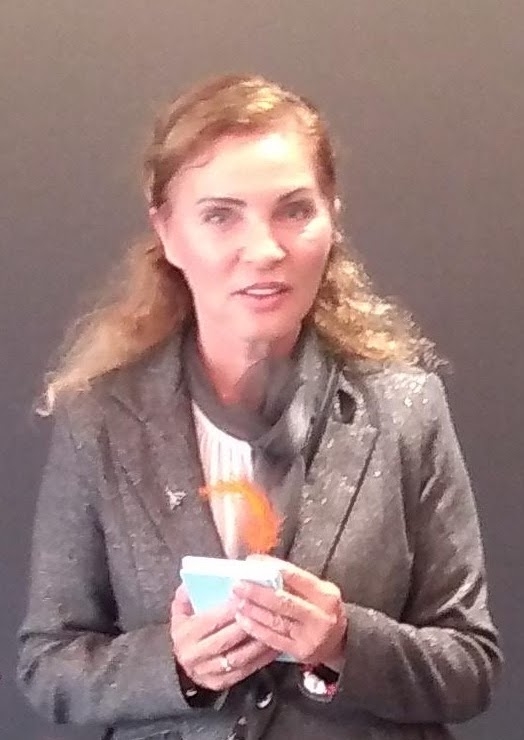aI-acts 2030 ... digital wellness , responsible consumption
il y a 2 ansThe project aims to holistically address youth health, responsible digital consumption, and inclusive education by introducing art-based tools, assistive technologies, and methods from fine arts for both balanced online and on-site education, with gender_equality approach
Through a multi-faceted approach, the project seeks to enhance digital literacy, prevent digital violence, promote mental health and well-being, empower blind and visually impaired students, and contribute to the improvement of digital education for high school students, teachers and is adaptable for cross-generational and for cross-sectoral implementation.
Identifying Skill Gaps for AI Implementation:
a. What are the specific skill gaps that high school students and civil society face in understanding, utilizing, and complying with the EU AI Act's guidelines and regulations? b. How can educational curricula and training initiatives be tailored to address these skill gaps and prepare individuals to effectively engage with AI applications responsibly?
3. Assessing AI Ethics Education:
a. What are the current approaches to integrating AI ethics education into high school curricula and civil society engagement initiatives?
b. How can AI ethics education be enhanced to instill a strong sense of responsibility and accountability when using AI technologies, aligning with the values set forth in the EU AI Act?
4. Enhancing Stakeholder Participation:
a. How can civil society organizations, educators, and policymakers collaborate to encourage active participation and input from high school students and the broader public in shaping the implementation and enforcement of the EU AI Act?
b. What strategies can be employed to ensure that the voices of diverse communities are represented in the decision-making process?





S'il vous plaît Se connecter pour voir cette section